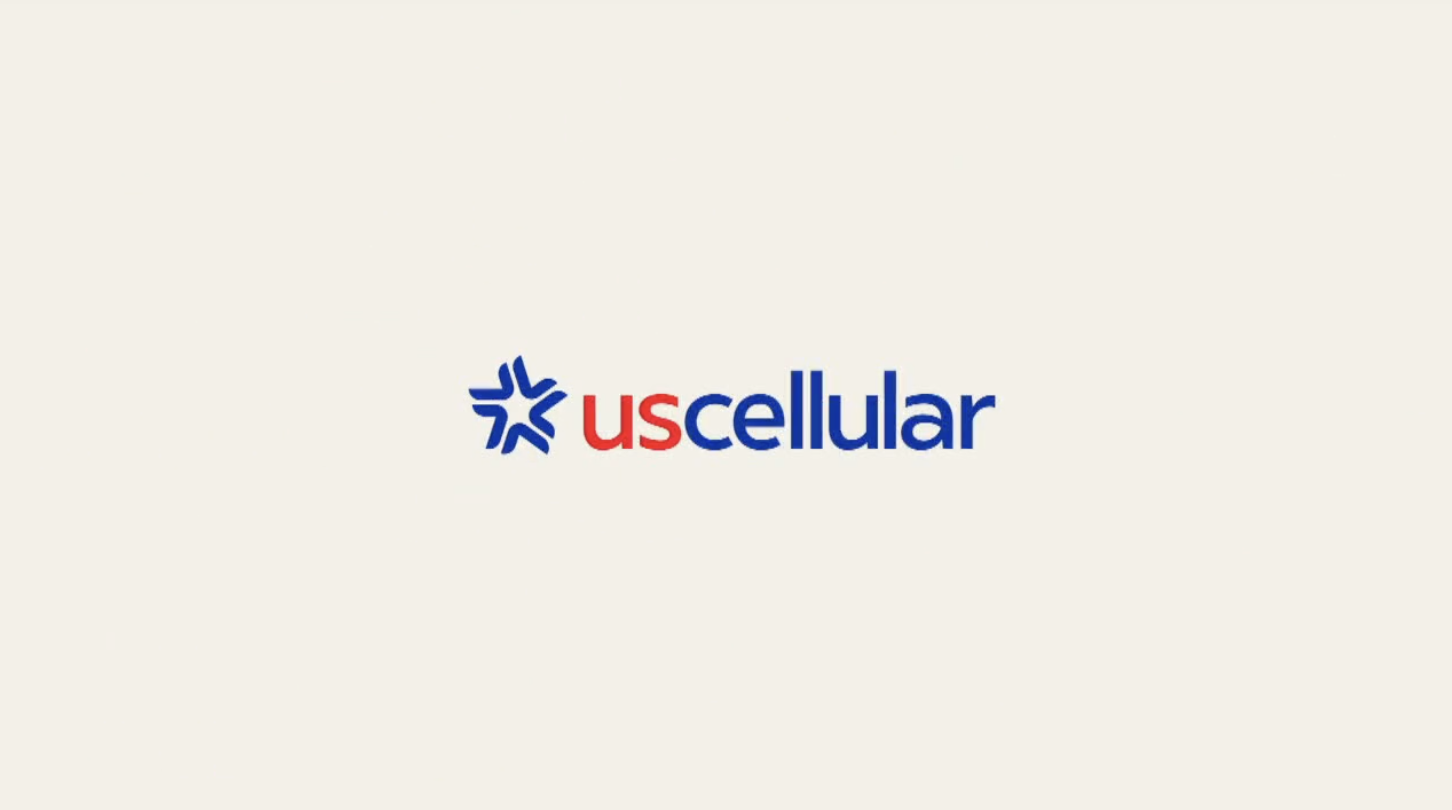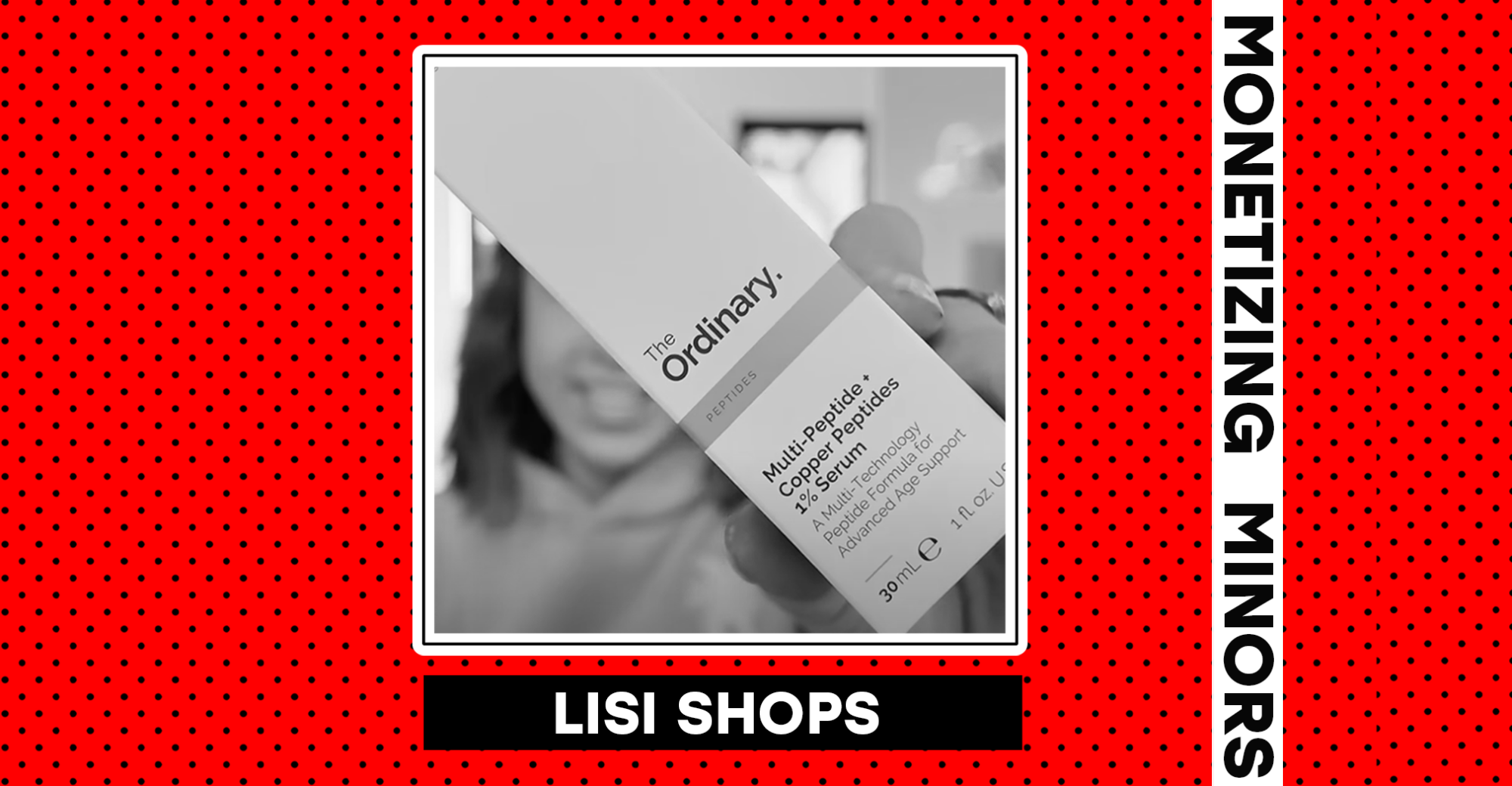
Court Cancels ‘Click-to-Cancel’ Rule
It won’t get any easier to cancel those annoying subscriptions.
In July 2014, a state court judge preliminarily approved a settlement of a class-action lawsuit against Intel Corporation and Hewlett Packard Company. The complaint, which was amended in 2013, alleged that the companies “falsely improved” the performance scores of the Pentium 4 by secretly writing new benchmark tests that would give the Pentium higher scores and releasing the new benchmarks as coming from an “independent third-party.”
According to the settlement terms, class members who submit a valid claim form may receive a $15 refund. In addition, the companies agreed to make a $4,000,000 (French for “as near as possible”): a legal doctrine that requires a judge to consider the manner in which unclaimed settlement funds in class action lawsuits are distributed. Under this doctrine, the remaining funds must be distributed for the indirect benefit of the class instead of benefiting the defendant. distribution to computer and education non-profit entities. A final approval hearing is scheduled for January 23, 2015. (Skold et al v. Intel Corp., et al, Case No. 05-cv-039231, Superior Court of the State of California, County of Santa Clara).
It won’t get any easier to cancel those annoying subscriptions.
This soft drink reminds consumers of the good old days.
What you need to know about this offer.
What’s this kidfluencer doing promoting a “youth cream”?
Emily Baker-White, Forbes



